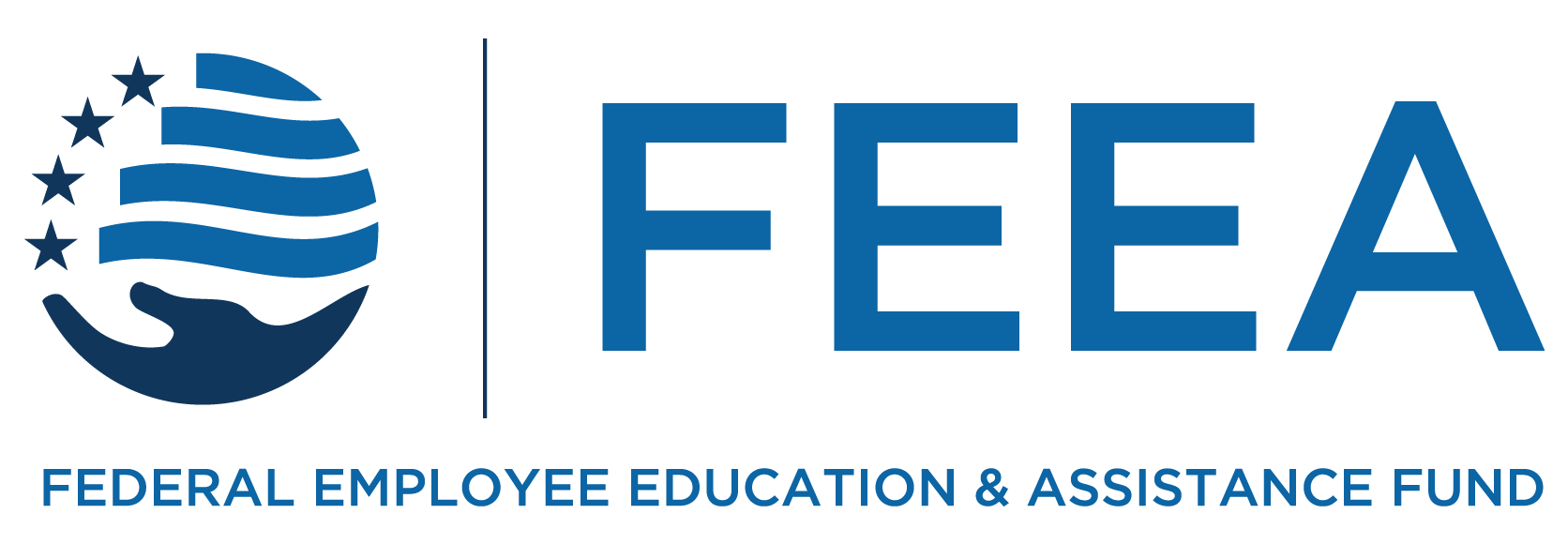With the scent of summer in the air, it’s time to start planning for a camp experience your child will love. Here are 7 tips to help you ensure they have a great time.
Choosing the Right Experience
Begin by involving your child in the planning process. Creating a list together of the activities they’d love to dive into this summer encourages a sense of ownership, increasing the chances of a successful camp experience. Should you want your child to explore beyond their usual interests, consider alternating weeks between their preferred camp and one that challenges them to try something new. Once the list is ready, you can explore various summer camp options.
Recommendations
If you’re venturing into the world of summer camps for the first time, don’t hesitate to ask for recommendations. Friends, both offline and online, can provide not only suggestions but also an opportunity to sync camp schedules with your child’s buddies. Websites like ACA Camps can be helpful to research accredited camps.
Local options such as your neighborhood YMCA, Boys & Girls Clubs of America, parks and recreation department, community centers, high schools, universities, and faith-based communities can be affordable and convenient alternatives.
Safety
The safety of your child is unquestionably the priority. Make sure to scrutinize references and accreditations before settling for a summer camp. The ACA, one of the nation’s prominent camp accreditation bodies, can provide information regarding camp operations, especially those related to camper safety and well-being. LINK: database of state laws and regulations
If you’re considering a new camp, don’t hesitate to ask detailed questions about their risk management plan, daily routines, instructor qualifications, staff-child ratio, training mandates, safety protocols, and abuse prevention methods.
Budgeting
Day camps’ average weekly cost can fluctuate between $200 to $800. Thankfully, most camps detail their pricing structures on their websites, enabling you to compare and find a camp that suits your budget. Be mindful of any additional expenses like t-shirts, necessary equipment or supplies, or special trips.
If a camp appears financially challenging, try reaching out to the camp director for possible financial aid, sibling discounts, or multi-week package deals. As a federal employee, if your agency offers a childcare subsidy program, a licensed summer camp might qualify for reimbursement.
Scheduling
Before selecting a summer camp, cross-check your personal calendar for any potential scheduling conflicts such as planned family vacations or visits from relatives. Additionally, you might want to consult your child if they prefer attending any camps with their friends and synchronize accordingly.
Camps aimed at younger children often run half days, so if that clashes with your work hours, you can inquire about post-camp programs or arrange shared pick-ups and drop-offs with other parents.
Pack Smart
Most camps will offer a specific packing list that also specifies what should be left at home, typically expensive gadgets. Opt for custom iron-on labels with your child’s name to affix on their clothes, backpacks, lunchboxes, and other items, which can facilitate swift recovery of lost belongings.
Staying Healthy and Hydrated
Statistics reveal that over half of all children and adolescents in the US are not adequately hydrated, a situation that can worsen during the summer months, particularly amidst busy camp schedules. While sports drinks might seem tempting, healthier alternatives exist.
Begin each day with a glass of water to rehydrate after a good night’s sleep. Consider packing a reusable water bottle filled with fruit-infused water and a lunch packed with water-rich foods like watermelon, strawberries, cantaloupe, peaches, and oranges. Upon returning from camp, ensure they drink a few more glasses of water before bed.
Finally, summer camp is an exciting time for growth, discovery, and fun. Encourage your child to embrace this time, to learn, to grow, and to make the most out of every day. As they step out of their comfort zone, they will create memories that could last a lifetime.
Whether it’s their first time or they are returning campers, let them know it’s okay to miss home but also to relish this unique opportunity. Happy camping!
—
More from FEEA
The information provided in this piece is for your convenience and informational purposes only and not to be construed as professional advice. FEEA and its coauthors and sponsors are not liable for any losses or damages related to actions or failure to act with regard to the content in this piece.
Would you like to reprint this piece in your agency human resource, federal employee association, or union local newsletter? You can do so at no cost by contacting [email protected] with your request.












